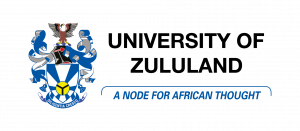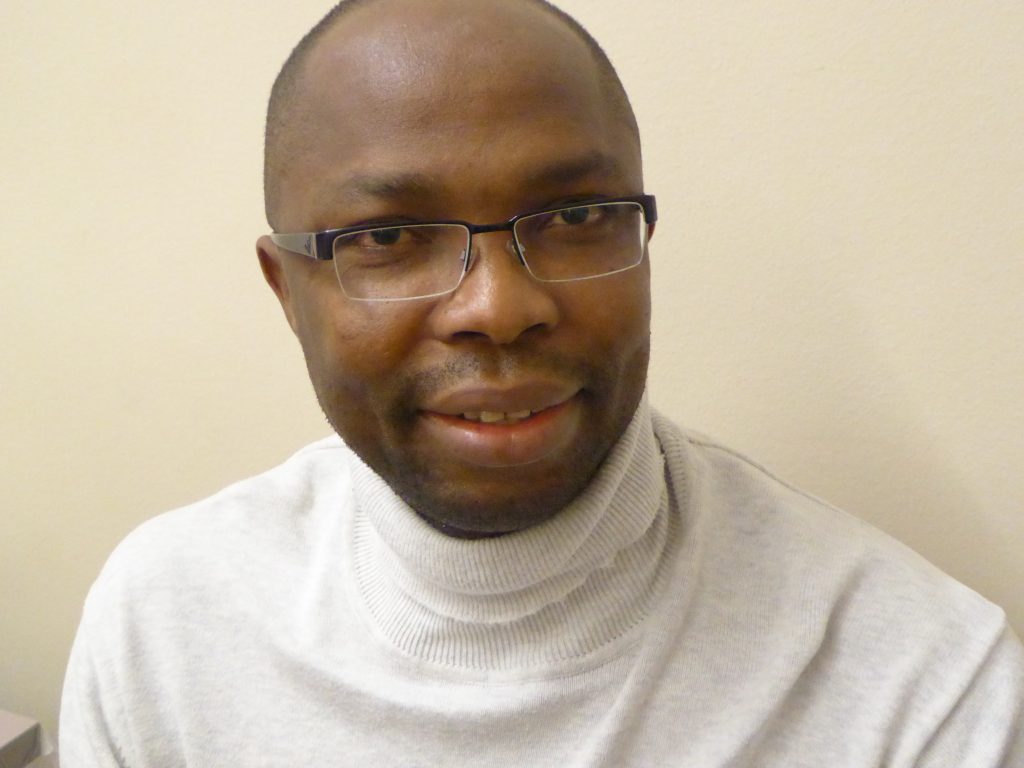The Department of Recreation and Tourism recently hosted a webinar where a panel discussion on the results of the research conducted as part of the EU-funded Erasmus+ SUCSESS project took place.
The Erasmus+ SUCSESS project is a three-year collaboration between six universities in South Africa, Finland and the United Kingdom (UK). It is aimed at strengthening university-enterprise cooperation in South Africa to support employability and regional development by enhancing lifelong learning skills, social innovations and inclusivity, especially in the tourism, hospitality and business disciplines.
The discussion was facilitated by Professor Ikechukwu Ezeuduji from the Department of Recreation and Tourism. It featured a panel of industry experts, national and international academics (project partners).
Tracey Daniels from the School of Tourism and Hospitality at the University of Johannesburg said that higher education institutions need to think about what can be done to address the industry-academia gap to increase collaboration. “We need to look at comprehensive database of industry partners who are willing to collaborate with us. We would like these collaborations to begin as early as students are in their first year of study. If we build industry collaborations into the curriculum as early as first year, this will enable students to think more about their career development. This will also provide them with career guidance to develop more practical and interpersonal skills,” she said.
Prof Berendon Lubbe, a researcher from the University of Pretoria, presented findings of research, conducted by the Erasmus+ SUCSESS Project team, on what makes students employable. “We had to look at the role of lectures and the teaching environment. We also wanted to find out how important the industry collaboration is in preparing the students to enter the work environment and be able to adapt to the job very quickly,” Prof Lubbe said.
Data was collected from three sources, students, lecturers and industry stakeholders in the UK, Finland and South Africa. The UK and Finland were included in the study for the purpose of benchmarking, Prof Lubbe explained.
“Scholars, moreover, probed industry players on the lessons learnt from the Covid-19 pandemic and how these would impact on the workplace. The Covid-19 pandemic has brought the question of unemployment in South Africa into sharp focus, and industry stakeholders were almost unanimous in their opinion on how difficult it has made finding employment for students,” the report read.
Further, the report stated: “Some predictions given by very experienced and high-level management players was that the tourism sector might fully recover to pre-Covid-19 levels only in 2023. Organisations will first re-employ staff members who had to be let go during the pandemic, and only when the company shows growth will students again be considered. Also the pandemic has taught the industry to be creative and think out of the box.”
According to Daniel, another aspect of the Erasmus+ SUCSESS project is training the trainer. This entails conducting workshops where lecturers will be trained on various aspects of the project as well as increasing collaboration with industry.
- Precious Shamase
Caption
Ikechukwu O. Ezeuduji (Recreation & Tourism Department)



Can you be more specific about the content of your article? After reading it, I still have some doubts. Hope you can help me.
카지노 API는 커스터마이징 가능한 기능을 제공합니다.
그리고 사이트 내 보안이 약해 회원들의 정보를 해킹 해, 카지노사이트를 이용했다는 점을 악용해 신고하겠다고 협박하는 사례가 늘고 있습니다.
Experience the thrill of the game like never before. Lucky Cola
Step into a world of adventure—play today! Lucky cola
Your article helped me a lot, is there any more related content? Thanks!
Thank you for your sharing. I am worried that I lack creative ideas. It is your article that makes me full of hope. Thank you. But, I have a question, can you help me?
This webinar sounds super interesting! It’s great that they’re working on strengthening university-enterprise cooperation. I wonder how they’ll specifically measure the impact on employability. It makes me think of my own college days when internships could have been more coordinated with industry needs. How do you think this early collaboration will really transform students’ future careers?